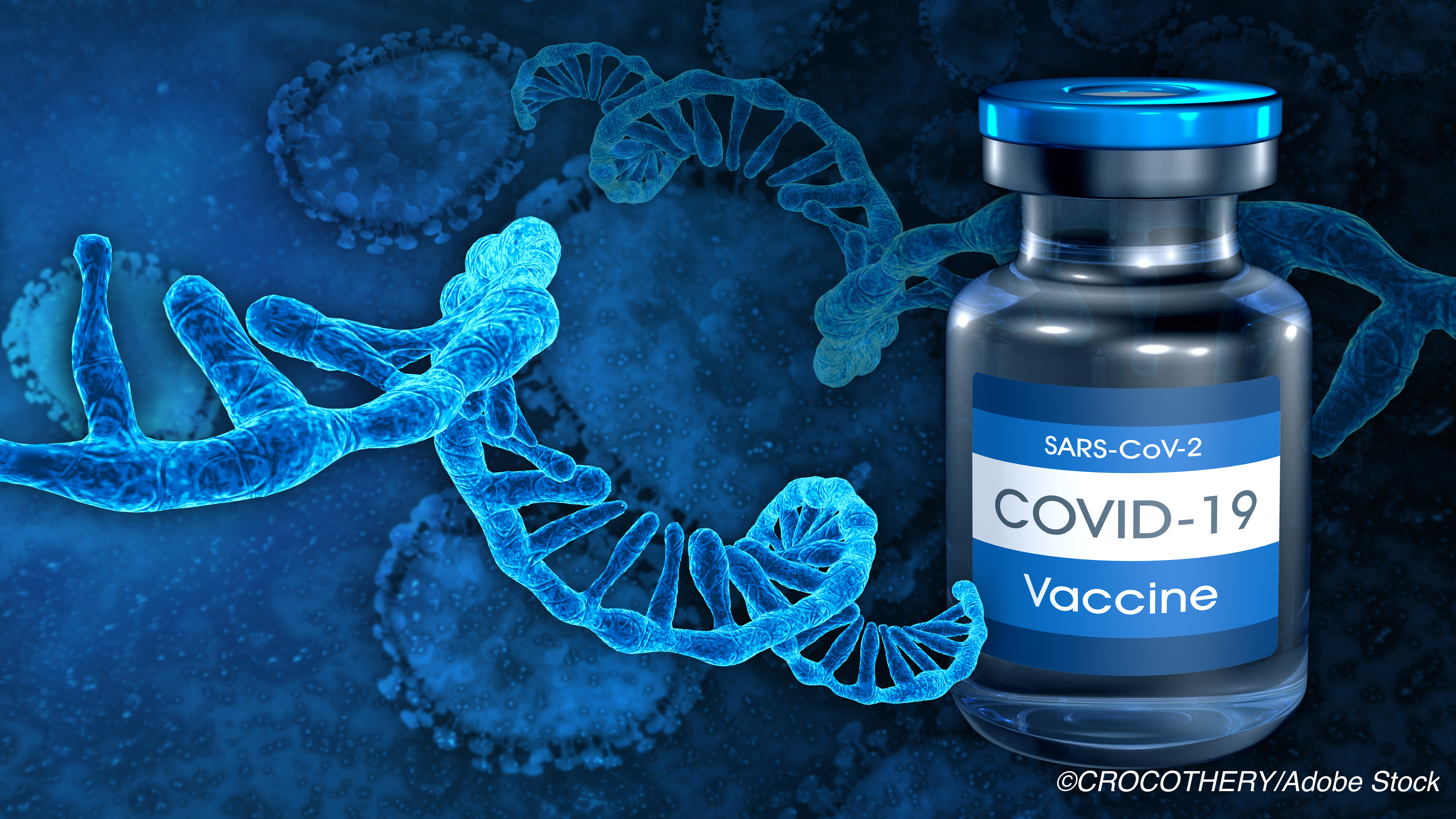
One third of organ transplant recipients who failed to show protective responses after receiving two doses of an mRNA Covid-19 vaccine showed evidence of increased antibody levels following a third booster dose of vaccine, according to new research from Johns Hopkins University School of Medicine.
Patients with low levels of antibody before receiving the booster dose increased their antibody levels in the case series report, which included 30 organ transplant recipients, researchers reported. The study is among the first to describe the safety and efficacy of treating organ transplant recipients with a third booster dose of Covid-19 mRNA vaccine.
Writing in Annals of Internal Medicine, researcher Dorry Segev, MD, PhD, and colleagues from Johns Hopkins University School of Medicine, Baltimore, concluded that the preliminary case study findings “support the use of clinical trials to determine whether booster doses to prevent Covid-19 in transplant patients can be incorporated into clinical practice, as they have been for hepatitis B and influenza vaccinations.”
While highly effective in immunocompetent recipients, Covid-19 mRNA vaccine response among solid organ transplant recipients has been shown to be far lower than that reported in the general population.
Segev and colleagues recently reported that among 436 transplant recipients, just 17% showed evidence of a positive antibody response after a first dose of an mRNA vaccine. In an expanded cohort of 658 solid organ transplant recipients, 39% had antibody responses after dose 2, and 46% had no antibody responses after dose 1 or dose 2. A total of 15% had measurable antibody responses after dose 1 and dose 2.
There have also been recent reports of breakthrough Covid-19 infections in organ transplant recipients who had received two doses of an mRNA vaccine.
The researchers wrote that while their most recent research showed an improvement in anti-spike antibody response in transplant recipients after two doses of the vaccine compared to one dose, the findings suggest “that a substantial proportion of transplant recipients likely remain at risk for Covid-19 after two doses of the mRNA vaccine.”
Their newly published case study followed solid organ transplant recipients treated with a third booster dose of mRNA vaccine. The median patient age was 57 years, 17 were women and the median time from transplantation to initial vaccination was 4.5 years (IQR, 2.3-10.5). During initial vaccination, 57% of the 30 patients received two doses of the Pfizer/BioNTech vaccine and 43% received two doses of the Moderna vaccine.
None of the participants reported illness consistent with Covid-19 prior to vaccination, and none had a positive PCR test.
In 25 of the patients, maintenance immunosuppression included tacrolimus or cyclosporine plus mycophenolate. Corticosteroids were used to treat 24 patients.
All participants were tested for anti-spike antibodies a median of 9 days (IQR 2-33) before they received their third dose of vaccine; 24 patients had negative antibody levels, and 6 patients had low-positive antibody levels.
The participants received the third dose of vaccine a median of 67 days (IQR 54-81) after dose 2 of their initial vaccine series, with 15 patients receiving the Ad26.COV2.S vaccine (Johnson & Johnson/Janssen), 9 receiving the mRNA-1273 (Moderna vaccine, and 6 receiving the BNT162B2 (Pfizer/BioNTech vaccine).
Antibody testing was repeated a median of 14 days (IQR 14-17) after dose 3 of vaccine.
Among the main findings:
- Of the six patients with low-positive antibody levels before dose 3, all had high-positive antibody levels after dose 3.
- Of the 24 patients with negative antibody levels before dose 3, only six of the 24 (25%) had high positive antibody levels after dose 3.
- Two (8%) had low-positive antibody levels, and 16 (67%) remained negative.
Twenty-three patients completed a questionnaire seven days after receiving their third vaccine dose assessing specific vaccine reactions. Fifteen patients reported mild or moderate local reactions, and one reported severe arm pain. The most frequent systemic reaction was mild or moderate fatigue in 14 participants; one patient reported severe headache and one patient reported severe myalgia.
One patient—a heart transplant recipient—experienced an antibody-mediated rejection seven days after her third dose of vaccine in the setting of acute volume overload.
This patient did not experience increases in anti-spike antibody levels and her heart function remained normal. More aggressive immunosuppression was not initiated.
“To our knowledge, this is the first report of patients with solid organ transplants receiving a third dose of vaccine directed against the SARS-CoV-2 virus,” Segev and colleagues wrote. “It is encouraging that a third of patients who had negative antibody levels and all patients who had low-positive antibody levels before their third dose increased their antibody levels after a third dose.”
The researchers concluded that adverse reactions to the booster dose were acceptable, “given the benefits that these vaccines can confer, especially because it is uncertain whether the one case of mild rejection was related to vaccination.”
-
One third of organ transplant recipients who failed to show protective responses after receiving two doses of an mRNA Covid-19 vaccine showed evidence of increased antibody levels following a third booster dose of vaccine.
-
Patients with low levels of antibody before receiving the booster dose increased their antibody levels in the case series report which included 30 organ transplant recipients.
Salynn Boyles, Contributing Writer, BreakingMED™
Funding for this research was provided by a grant from the Ben-Dov family, the National Institute of Diabetes and Digestive and Kidney Diseases, the National Institute of Allergy and Infectious Diseases and the Transplantation and Immunology Research Network of teh American Society of Transplantation.
Researcher D.L. Segev reported receiving consulting and speaking fees from Sanofi, Novartis, CSL Behring, Jazz Pharmaceuticals, Veloxis, Mallinckrodt, and Thermo Fisher Science.
Cat ID: 190
Topic ID: 79,190,730,933,190,31,926,192,927,151,928,925,934



Create Post
Twitter/X Preview
Logout